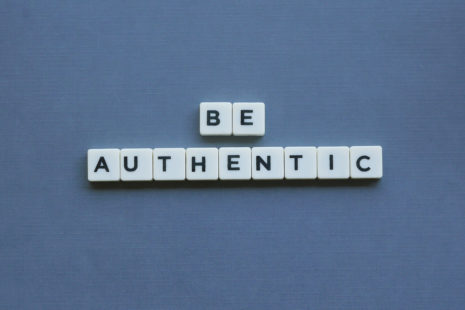While emotional intelligence (EI) is widely regarded as a valuable asset in personal and professional contexts, focusing solely on its advantages without acknowledging potential downsides would be incomplete.
Here are some disadvantages or challenges associated with high emotional intelligence…
- Manipulation Risk – Individuals with high EI have a deep understanding of others’ emotions and how to influence them. This skill, if applied unethically, could be used to manipulate people for personal gain, undermining trust and integrity.
- Emotional Labor – High emotional intelligence often comes with a heightened awareness of the emotions of those around you, leading to increased emotional labor. This means constantly managing both one’s own and others’ emotions, which can be mentally and emotionally draining.
- Overwhelm from Empathy – Being highly empathetic, a component of emotional intelligence, can sometimes lead to taking on the emotional burdens of others. This can be overwhelming and lead to burnout, especially in professions requiring frequent emotional support to others.
- Heightened Expectations – Leaders or individuals recognized for their high EI might face heightened expectations to always manage their emotions perfectly and to always understand and respond to the emotions of others effectively. This can create pressure and stress.
- Decision Paralysis – A deep understanding of the emotional implications of decisions can sometimes lead to indecision or hesitation. The desire to avoid causing upset or harm can make it challenging to make tough decisions that might be necessary for the greater good or long-term success.
- Misinterpretation of Emotional Cues – High EI involves interpreting emotional cues from others, but these cues can sometimes be misread, leading to misunderstandings. Cultural differences can also complicate the accurate reading of emotional signals.
- Personal Relationships Strain – In personal relationships, a high level of emotional intelligence might lead to expectations of constant emotional support or understanding, putting a strain on the emotionally intelligent partner if boundaries are not well-established.
- Complex Self-Expectations – Individuals with high EI might put undue pressure on themselves to manage their emotions perfectly, leading to internal stress and unrealistic self-expectations.
Despite these potential disadvantages, the benefits of emotional intelligence—such as improved communication, empathy, and leadership abilities—often outweigh the challenges. Awareness of these potential downsides can help individuals leverage their emotional intelligence more effectively and ethically, ensuring that they maintain balance and self-care.





